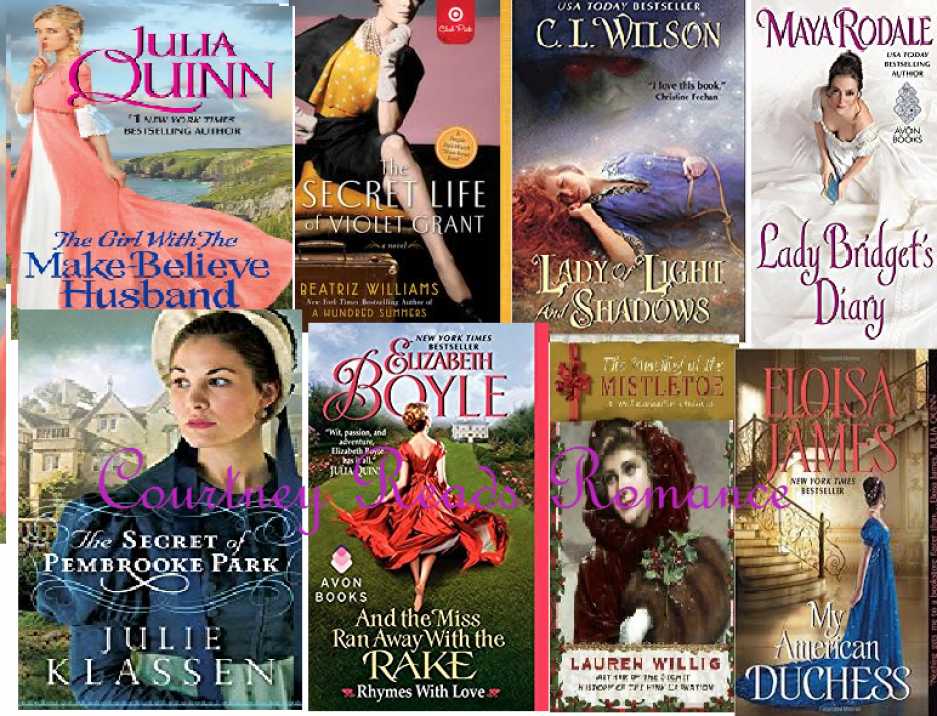Shupe, Joanna. The Lady Hellion. New York: Zebra Books/Kensington Publishing Corp., 2015.
Mass Market Paperback | $7.99 USD | ISBN-13: 978-1420135565 | 338 pages | Regency Romance
4 stars
Joanna Shupe is an author I admired for her choice to go in a different direction with her Gilded Age romances, but I waited a while to get into her first series set in the Regency for a couple reasons, the chief one being the way some reviewers described the heroes of books one and two made them seem less than flattering, so therefore, even this book, which sounded promising, ended up falling by the wayside due to my determination to rarely read out of order. However, in my search for exciting historicals to read, I finally picked up The Lady Hellion, and feel happy that I did so.
It definitely has a bit of an odd premise, even in the context of my limited understanding of the series pitch as a whole. But it’s one of those books that seems improbable, yet charming. I loved seeing Sophie’s dedication to helping the poor, with a special interest in the prostitutes in a brothel, especially as misfortune begins befalling them. It was fun to see a heroine wearing trousers who could shoot a gun, but also had insecurities and vulnerabilities from her past that get explored in the most beautiful and heartbreaking way.
However, Quint was the real draw for me, as he was pitched in some of the reviews I’ve read as dealing with some sort of anxiety disorder, which I always find fascinating to see translated into a historical context, before more correct medical terms were assigned to different psychological conditions. He’s a recluse often characterized as being insane, and I could identify with his fears regarding the possibility that he would go mad in a similar manner to his father, especially given that he was a witness to his father’s descent into madness.
And the relationship between the two is just beautiful, hitting all the elements I love in a romance, and more. I love that they had this history of friendship that turned to love, and that I truly felt there were obstacles in the way of their happiness that they had to work through together. And one of the things that I’ve really grown to appreciate recently was the sex positivity. It’s not something that is completely alien to the historical romance genre where a woman has been violated sexually or betrayed following the act itself (as was the case here), but I loved having Quint show Sophie that she is desirable to a man for more than her virtue, and that she is allowed to feel passion.
This book was a wonderful read that has a lot of heart, yet doesn’t feel overly intense, and has lovely characters at the forefront. It’s definitely a book that any historical romance fans should consider picking it up if they have not already.











